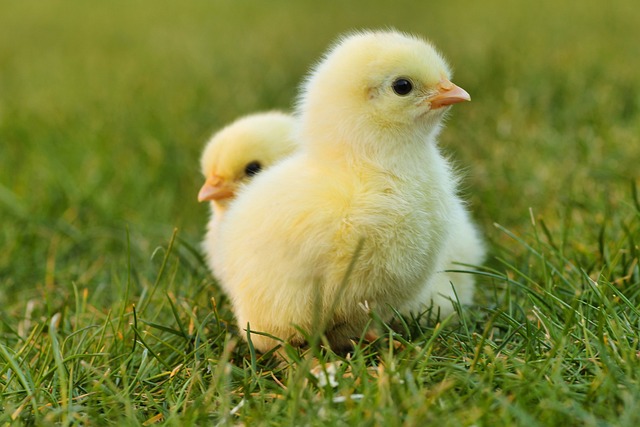Easter is here! There are many traditions this time of year, such as hunting for chocolate eggs that the Easter bunny has left hiding in the undergrowth, painting and rolling eggs down a hill or getting crafty and making an Easter bonnet to show off over the weekend. But, while they are all fun to partake in, not all of them are kind to animals, so before you get stuck in with the festivities this weekend, take a moment to make sure your Easter is kind to animals with our 5 top tips.
1. Remember that animals are not just for Easter

Baby chicks and rabbits are everywhere at Easter; their popularity booms. And it’s not just arts and crafts and baking. The demand for real eggs, live chicks and rabbits sores this time of year as everyone wants a new Easter companion. But it’s not all cute and fluffy. Chicks and rabbits that are bought at Easter time don’t always have a happy ending. Many end up in shelters needing new homes, and for others, their fate is worse – a lifetime of suffering.
That is why number one on our list of ways to have an animal-friendly Easter is to think twice before bringing a new animal into your home – do you have the time, space and money to look after them for their entire lives? If the answer to any of these questions is no, now is not the time for you to introduce them to your home. Wait until you are in a position to look after them long-term.
2. Keep the chocolate and treats out of reach
Number two on our list is for those who already share their home with animals. There are lots of yummy treats around at this time of year, but not all of them are safe for our animals. Chocolate and hot cross buns are definitely ones to keep out of reach of dogs, and the packaging, too. Foil can damage the digestive system. If your animals eat something they shouldn’t have, contact a vet for advice or treatment.
3. Avoid using chicken eggs for crafts
Eggs are a big thing at Easter and not just on the breakfast table; they are popular for crafts, too. Painting eggs and rolling them down hills is a lot of fun for kids, but it is worth considering the downsides of this activity – what about the chickens who produce the eggs? And what about food waste? It’s a real concern in the battle against climate change.
So, before you rush out and buy a dozen extra eggs than you usually would, think about opting for some alternatives. Paper mache, plastic and wooden eggs are all good for painting and rolling down hills, and they are reusable – you can put them away for next year.
4. Make animal-friendly choices

Perhaps one of the most animal-friendly things you can do this Easter is avoid animal products altogether. There are plenty of dairy-free chocolate eggs on the market, so you can still get your chocolate fix and take part in all the fun activities without supporting the dairy industry.
However, if this is not for you, there are many other things you can do, such as choosing to use free-range eggs from local farmers rather than cheap factory-farmed eggs that cause hens a lifetime of suffering. Palm oil is another ingredient to look out for. It is a common ingredient in Easter eggs, and it can be detrimental to the environment and to animals like orangutans – read more about this in our blog, the problem with palm oil.
5. Be kind to the environment

Our fifth and final tip is to be kind to the environment, as one of the best things we can do for animals is look after their homes. That means choosing products that use minimal, recyclable packaging to minimise waste, reusing what you and recycling when you need to.
You could also take some time out over the holidays to do something positive, like making a home for nature in your garden or doing a litter pick in your local area – every little action helps!


